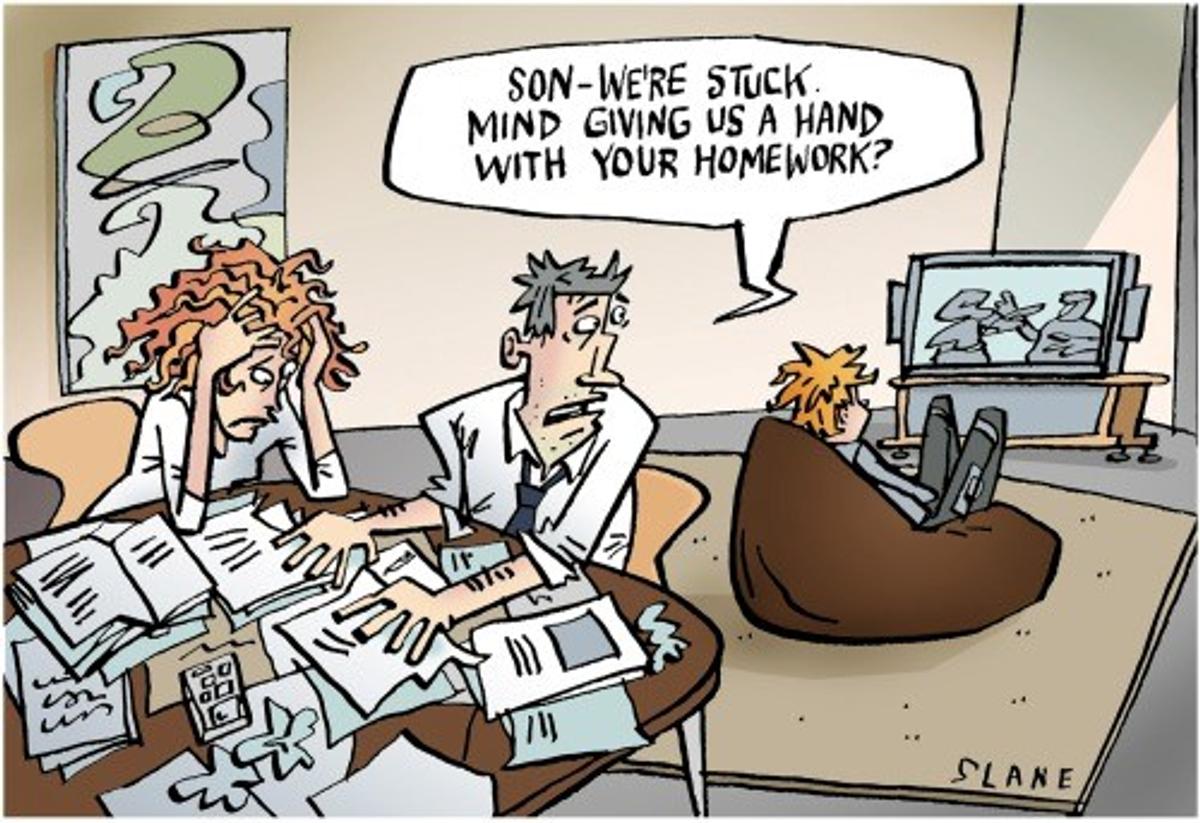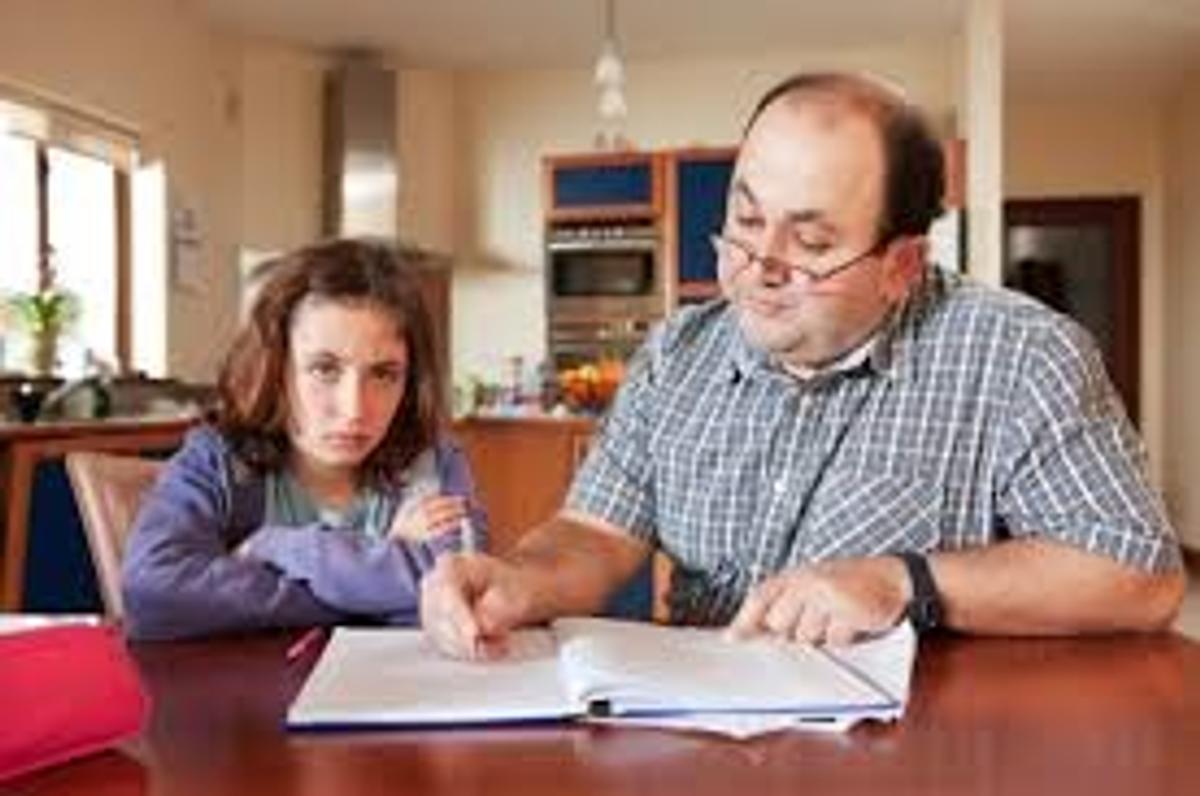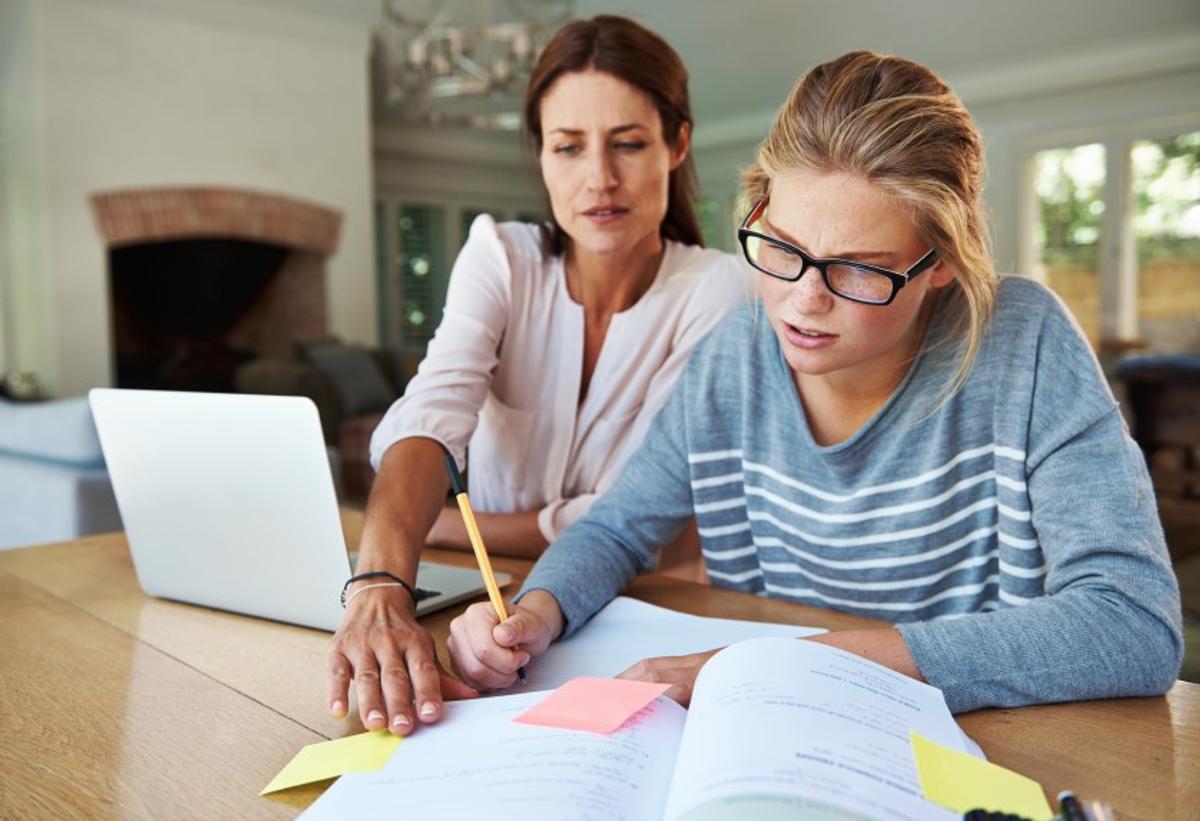Wellbeing News

Parents and Homework
When my two children were at school—they’re now well into their 30s—I refused to have anything to do with their homework. No one agreed with me at the time, but it seems I was right. Back to that later.
Researchers are forever examining schools, curricula, and teaching practice. For a long time they’ve kept track of the amount of time students spend on homework, but not what type of homework students do.
Victoria is lucky to have renowned Professor John Hattie at the Melbourne Graduate School of Education researching what improves student learning. His research suggests that the type of homework is far more important than the amount of time spent doing it.
“There’s no evidence that by doing homework kids learn how to learn. If it’s an opportunity to rehearse and deliberately practise something they’ve already learnt, it’s quite effective. But if it’s about new material or projects the kids have to work out by themselves, it has a very, very low impact. For many kids that kind of homework is just a turn-off.”
(Just for the record, students are doing more homework now than ten years ago, but still spend three times as long watching TV. Girls, only children, and students from Asian or wealthier backgrounds do more homework than average, girls an hour more per week, and two hours more for students of Asian background).
Now, let’s get back to parents and homework. The research says that parents will do their children a good turn if they allow their children to do the work themselves.
Encouragement from parents is OK, but when that encouragement becomes surveillance, constant looking in to see if the student has their head down, it’s counter-productive. ‘Helping’ with homework is a no-no; “the more you involve parents, the less effective homework is because the parents end up doing the work,” says Professor Hattie.
“If the homework is related to what a student has already learned and gives them a chance to practise, they don’t need the parents’ help.”
A google search for ‘parents doing homework’ produced these articles:
- One in six parents “do all the homework”
- Parents who do their children’s homework are giving lessons in cheating
- Homework 'helicopter parents' leave kids scared of making mistakes
On that last dot point, Nossal makes a big effort to get our kids comfortable to make mistakes and learn from them. We call it having an growth mindset.
Here’s a big win-win situation. Parents win by relieving themselves of the need to nag, spy on or help kids do homework. Just encourage. Students win because they can get on with homework without someone constantly looking over a shoulder.
Perhaps more importantly, teachers should note Professor Hattie’s findings about the type of work they ask students to do at home.
Leigh Candy
Student Wellbeing Counsellor



